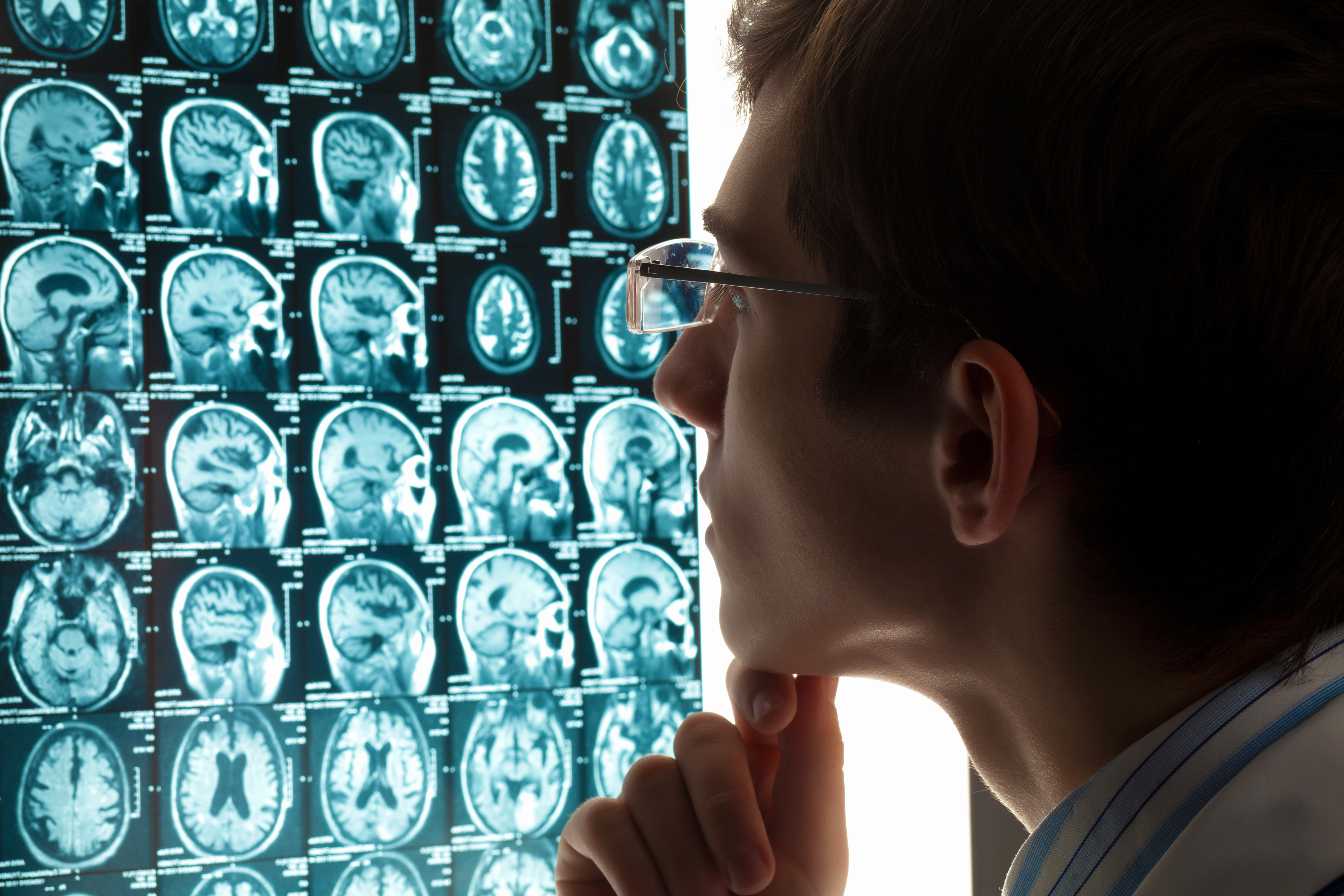Brain Injury Support Groups Facilitate Re-Learning
TBI support groups are invaluable psychologically because so many people living with TBI feel isolated and misunderstood until they have the opportunity to meet regularly with others in their shoes. That’s when they get the understanding and social support they have been craving. But TBI support groups can do even more. If they




